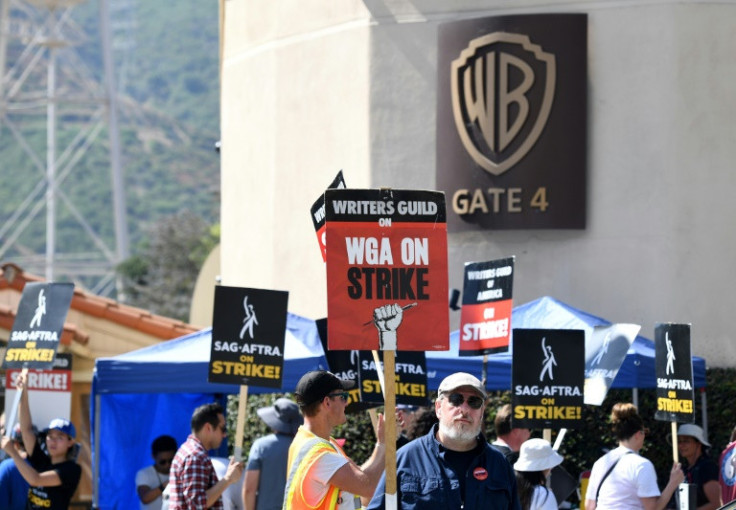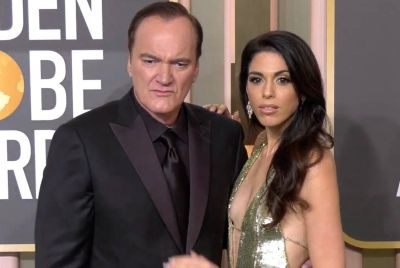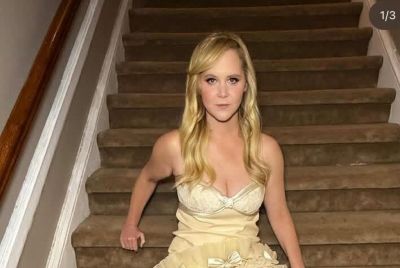SAG-AFTRA and AMPTP Suspend Negotiations for Term Gaps
The Hollywood Performers Guild has been on strike since July 2023 to renegotiate a better deal between them and major media production studios.

The Screen Actors Guild-American Federation of Television and Radio Artists and Alliance of Motion Picture and Television Producers decided to suspend negotiation talks during the performers' strike, with each side claiming that the gap between their terms was too far.
SAG-AFTRA, now on their 91st day in the picket lines, said in a statement that "it is with profound disappointment that we report the industry CEOs have walked away from the bargaining table after refusing to counter our latest offer".
On the AMPTP side, the group disclosed a statement which said: "After meaningful conversations, it is clear that the gap between the AMPTP and SAG-AFTRA is too great, and conversations are no longer moving us in a productive direction."
The main point of contention in creating a deal was SAG-AFTRA's terms of increased revenue sharing for successful shows that reached a certain threshold of viewership.
Also known as profit split demand for the union's proposed term, the cast of the union-covered shows would earn up to two per cent of their project's potential revenue. SAG-AFTRA clarifies that their deal would cost the streaming platforms 57 cents per subscriber per year.
Since they started forming picket lines last July, SAG-AFTRA stressed that this specific revenue term will be a major driving point of the strike.
The AMPTP disagreed with the terms presented by SAG-AFTRA, saying that under the new deal, their projected expenses would reach up to at least $2.4 billion or $800 million a year for three years. AMPTP said in the same statement that the term would be an "untenable economic burden" on their part.
'Bullying tactics'
SAG-AFTRA's disappointment continues further after they alleged that AMPTP was employing "bullying tactics". The union said that the aforementioned expense figures brought up by AMPTP have been inflated by as much as 60 per cent of what they initially proposed.
The guild maintained that their talks with the AMPTP were amicable throughout the strike but were caught by surprise after the alliance countered with an offer "that was, shockingly, worth less than they proposed before the strike began".
SAG-AFTRA adds that the AMPTP outright refuses to protect performers from AI exploitation, adjust better wages to combat inflation and share even a fraction of the producers' revenue.
It is also alleged by SAG-AFTRA that the AMPTP used similar disinformation tactics during the Writers Guild of America while they were also striking. The guild stated: "The companies are using the same failed strategy they tried to inflict on the WGA – putting out misleading information in an attempt to fool our members into abandoning our solidarity and putting pressure on our negotiators."
Back in August, the AMPTP publicly released a point-by-point breakdown of their offer to the striking members of the WGA. Many see the plan as a way to go around the guild's leadership. After two months, the WGA and the AMPTP reached a new deal, which ended the strike for Hollywood scribes. The guild ratified the new three-year deal earlier this week.
The AMPTP remains hopeful that "SAG-AFTRA will reconsider and return to productive negotiations soon".
Should SAG-AFTRA's strike continue for up to 96 days, this strike will break the record for the longest strike that the guild has ever held. The longest strike by SAG-AFTRA was back in 1980, lasting for 95 days.





















